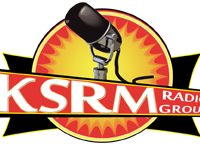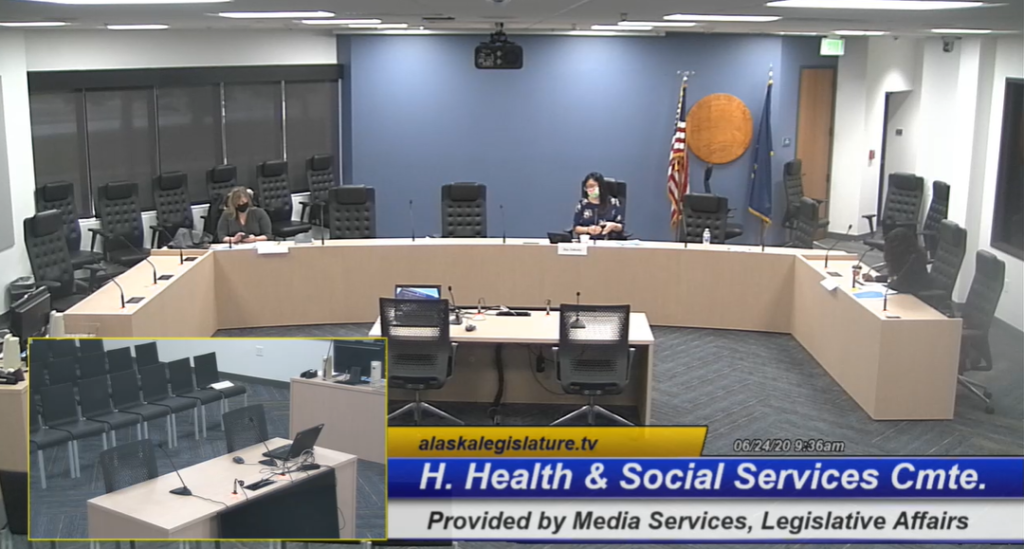The House Health and Social Services Committee held a hearing on Tuesday to examine the status of the COVID-19 pandemic in Alaska, and to discuss the public health challenges created by the disease. The hearing was prompted by the number of people with COVID-19 in Alaska steadily increasing over the past few weeks.
Chief Epidemiologist Dr. Joe McLaughlin was among the health officials to testify, and he began his testimony by proposing an answer to the oft-asked question, ‘How do we really define an outbreak of COVID-19?’: “It basically defined as two or more laboratory-confirmed cases in a population with onset dates within a 14-day period. These people have to be epidemiologically linked. We need to know that they had some contact with each other, and they do not share a household, and they are not identified as ‘close contacts’ with each other in another setting during standard case investigation contact tracing. It’s sort of a complex definition.”
He also noted that, based on other similar viruses, most people who get the virus will develop some level of an immunity to it. While the durability of that immunity is typically around a year, epidemiologists are not yet sure how this applies to COVID-19. They are also unsure of how much of the community needs to become immune to prevent widespread transmission , also known as “herd immunity.”
He notes that Alaska’s numbers tell a fairly encouraging story, at this point: “We’ve had 778 cases reported in Alaska, and even if this is a tenfold underestimate of the true burden of COVID-19 in Alaska thus far, that’s still only one percent of our population. We really don’t know what the true proportion of Alaskans who have been infected with COVID-19. All we know is what the reported cases show which is 778 cases.”
When it comes to vaccination, Dr. McLaughlin has details: “There will be several options for manufacturers and distributors to make and ship vaccine across the globe. The United States government has focused on three vaccine candidates to fund for Phase Three trials under Operation Warp Speed.”
He also noted that funding for vaccinations, as far as he can tell thus far, will come from the federal government and not from state agencies.

